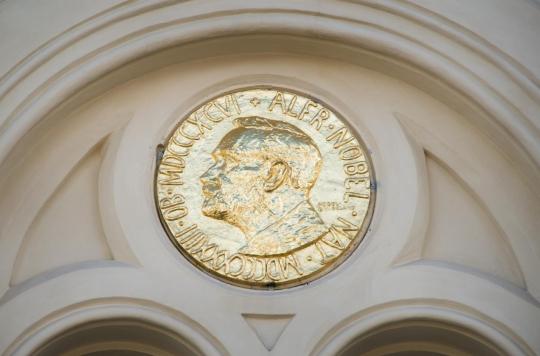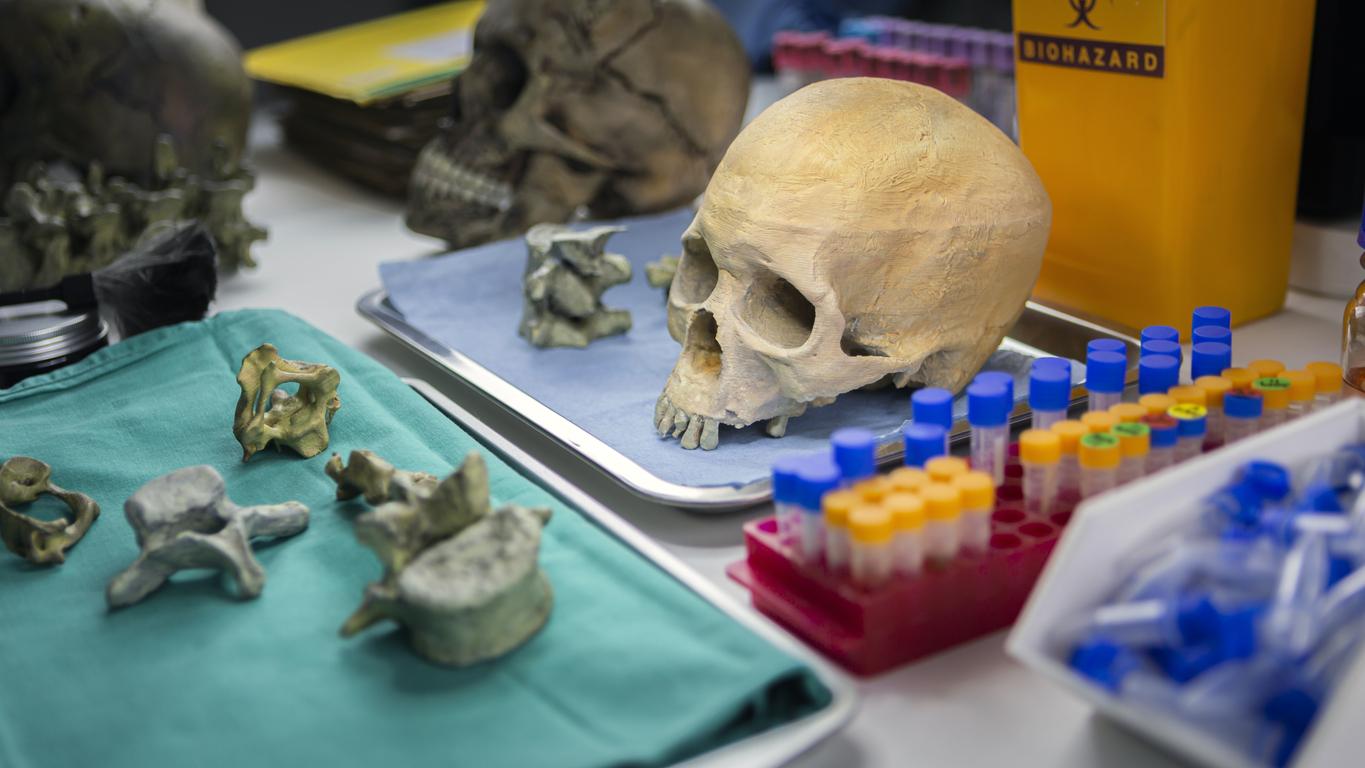The Swede Svante Pääbo was crowned with the Nobel Prize for Medicine on Monday, October 3, 2022 for his complete sequencing of the Neanderthal genome and his pioneering role in paleogenetics.

- Born in 1955 in Stockholm, Svante Pääbo is the pioneer of paleogenetics, an approach that has revolutionized our knowledge of the human species, its history and its origins.
- His father, Sune Bergström (1916-2004), also received the Nobel Prize for Medicine in 1982 for research into hormones. Their names are different because Svante Pääbo is the result of an extramarital affair, as he publicly announced in 2014.
It was medicine that was in the spotlight this Monday to open the 2022 Nobel season. The 113th Nobel Prize in Medicine was awarded to Swedish biologist Svante Pääbo, for his genetic studies on the origins of the human species.
“These genetic differences between Homo sapiens and our now extinct closest relatives were unknown until identified through the work of Pääbo”, welcomed the Nobel committee in the press release justifying their decision. By revealing those differences that distinguish modern humans from extinct hominids, “his discoveries provided the basis for exploring what makes us humans such unique beings”added the jury.
Genetics: 2% of our genes come from extinct hominids like Neanderthals
Living in Germany for decades, Svante Pääbo works at the prestigious Max-Planck Institute. There he discovered in 2009 that a gene transfer of around 2% had taken place between extinct hominids, such as Neanderthals, and modern humans, Homo sapiens. Neanderthal man cohabited with modern man on the European continent, before dying out completely around 30,000 years ago, probably because of the excessive presence of Homo Sapiens who originally came from Africa. .
This transfer of genes from ancient hominids has influenced the development of our physiology today, for example, how our immune system responds to infections. Thus, as recent work by the Swedish researcher has shown, Covid-19 patients who carry a segment of Neanderthal DNA, more present in Europe and South Asia, are at higher risk of severe complications from the disease. This segment is the legacy of crossing with the human genome some 60,000 years ago.
To achieve these discoveries, the Swedish scientist had to overcome the difficulties posed by the degradation of DNA over time. Indeed, only traces can still be observed after thousands of years, largely contaminated by bacteria or modern human activities. Thanks to the sequencing of a bone found in Siberia in 2008, the scientist also revealed the existence of Denisova’s man, another hominin unknown until then, who lived in present-day Russia and in Asia.
Nobel Prize in Medicine: a scientific prize rarely awarded to women
The prize awarded to Svante Pääbo, which comes with a reward of 10 million crowns (around 920,000 euros), came as a bit of a surprise. Admittedly, the scientist was considered Nobel for a long time, but he had disappeared from the list of favorites in recent years.
The name of a woman came up particularly this year among prediction experts: that of the American geneticist Mary-Claire King. In 1990, she discovered a gene responsible for breast cancer, the most common malignancy in women.
Of the 226 individuals to have received the Nobel Prize for Medicine since its creation in 1901, only twelve women have been awarded, despite the efforts of juries to crown more women.
The 2021 season of the Nobel Prize in Medicine, which had crowned the Americans Ardem Patapoutian and David Julius for their discoveries on how the nervous system transmits temperature and touch, was no exception. With twelve laureates and only one laureate, all the scientific prizes had been awarded to men.















